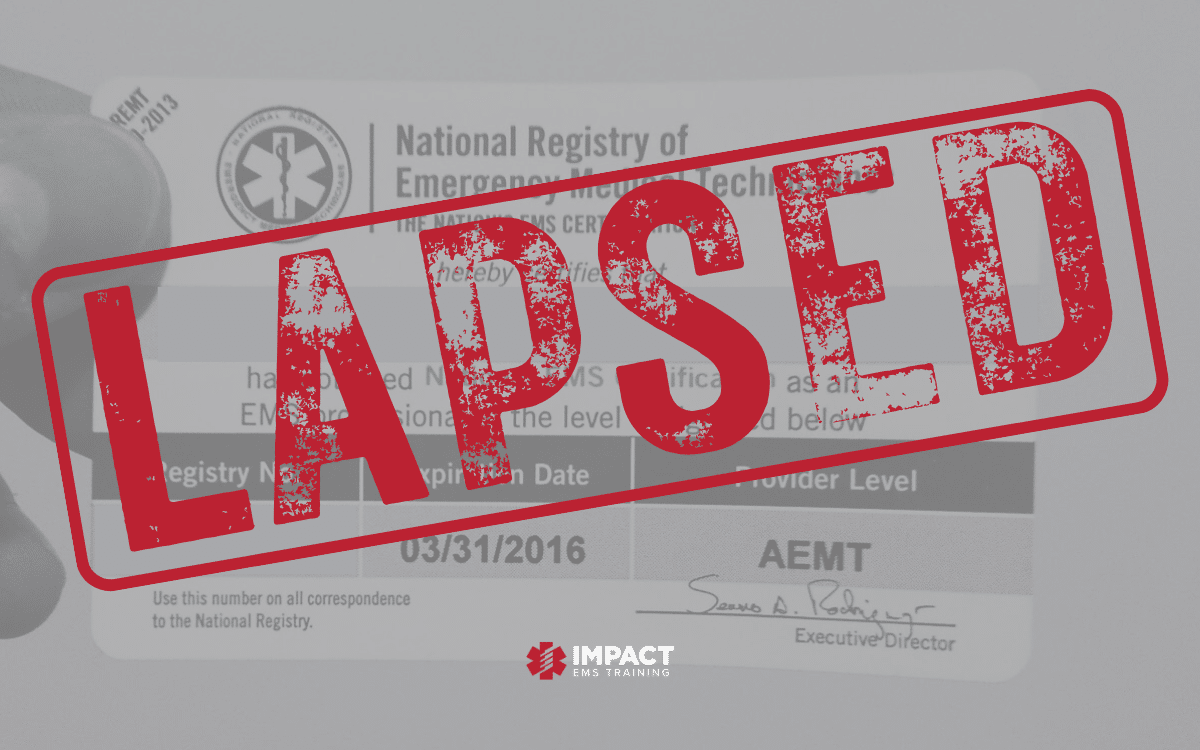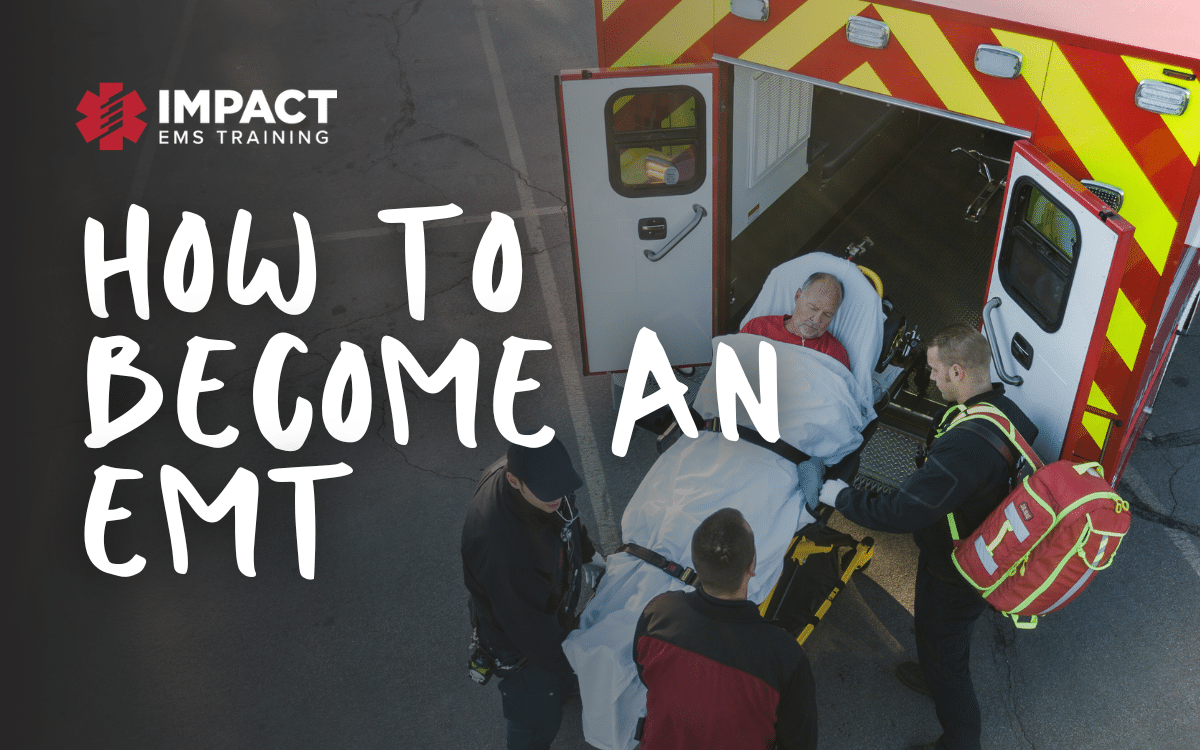Do Palpable Pulses Correlate to Systolic Blood Pressure in Hypotensive Trauma Patients?
In Advanced Trauma Life Support (ATLS), we learned that a carotid, femoral, and radial pulse correlates to certain systolic blood pressure (SBP) in hypotensive trauma patients.
Specifically, ATLS stated:
- Carotid pulse only = SBP 60 – 70 mmHg
- Carotid & Femoral pulse only = SBP 70 – 80 mmHg
- Radial pulse present = SBP >80 mmHg
Is this true or a myth? There were two studies that evaluated this paradigm.

ATLS Paradigm Fails [1]
What they did: In 20 hypovolemic trauma patients with SBP
- 5/20 (25%) pts were correctly predicted by ATLS guidelines
- 10/20 (50%) pts had false overestimation of BP by ATLS guidelines
- False overestimation of BP was greatest in pts with lowest BPs
- Mean difference of actual and estimated BP using ATLS was 34 mmHg
Conclusion: Radial pulses are often present in severely hypotensive hypovolemic patients, meaning the ATLS falsely overestimates systolic blood pressure with palpable pulses.
Accuracy of ATLS guidelines for predicting SBP [2]
What they did: In 20 pts with hypovolemic shock and arterial lines, pulses were palpated by an observer blinded to BP readings.
What they found: The disappearance of pulse always occurred in the following order radial > femoral > carotid pulse. There were 4 subgroups:
- Group 1: Radial, femoral, and carotid pulses present
- 10/12 (83%) had SBP< 80 mm Hg
- Group 2: Femoral and carotid pulses only
- 10/12 (83%) had SBP < 70 mm Hg
- Group 3: Carotid pulse only
- 0/4 (0%) had SBP >60 mmHg
- Group 4: Radial, femoral, and carotid pulses absent
- 2/3 (67%) had SBP < 60 mm Hg
Conclusion: ATLS guidelines for assessing SBP are inaccurate and generally overestimate the patient’s SBP.
CLINICAL BOTTOM LINE:
Although very small studies, they were done by two different authors, using different methods (BP cuff vs arterial line). Both came to the same conclusion: ATLS overestimates SBP based on palpation of radial, femoral, & carotid pulses. Another way to state this is, if using ATLS guidelines to guestimate BP, we are grossly underestimating the degree of hypovolemia our patients have.
UPDATE: These recommendations have now been removed from the 8th and 9th editions of ATLS
References:
- Deakin CD et al. Accuracy of the Advanced Trauma Life Support Guidelines for Predicting Systolic Blood Pressure Using Carotid, Femoral, and radial Pulses: Observational Study. BMJ 2000. PMID: 10987771
- Poulton TJ et al. ATLS Paradigm Fails. Ann Emerg Med 1988. PMID: 3337405
Impact EMS offers accredited certification and refresher courses in one trusted location. Fully prepare for certification exams and maintain licensure with skill building credits.





